1. Introduction to Chicken Manure Processor
With increasing environmental concerns and the demand for sustainable agriculture, managing chicken manure effectively has become essential for poultry farms worldwide. The Chicken Manure Processor is a specialized machine designed to process chicken manure by drying, separating, composting, or converting it into organic fertilizer. It offers an eco-friendly solution for waste management, reduces pollution risks, and produces valuable resources like organic fertilizer or bioenergy feedstock.
This machine combines mechanical, thermal, and sometimes biological processes to convert raw chicken manure, which contains high moisture and pathogens, into stable, nutrient-rich, and odorless materials suitable for agricultural use or disposal. Its automation reduces manual labor and improves efficiency in poultry waste treatment.
This guide provides an in-depth overview of the chicken manure processor, including technical parameters, features, benefits, applications, operation instructions, maintenance tips, troubleshooting, and frequently asked questions.
2. Technical Parameters of Chicken Manure Processor
Processing Capacity | 1 to 10 tons per hour |
Power Supply | 380V / 50Hz / 3 Phase |
Power Consumption | 7.5 kW to 30 kW (depending on model) |
Machine Weight | 1.5 to 6 tons |
Moisture Content Input | 50% to 75% |
Output Moisture Content | 10% to 20% |
Processing Method | Drying, Composting, Separation |
Dimensions (L×W×H) | Varies, approx. 4m × 2m × 2.5m |
Material of Construction | Stainless Steel / Carbon Steel |
Control System | PLC / Manual |
Applicable Material | Chicken Manure, Poultry Waste, Organic Waste |
3. Features of Chicken Manure Processor
Efficient Drying and Dehydration: Reduces moisture content of raw manure significantly to prevent odor and accelerate composting or safe disposal.
Separation Capability: Some models include solid-liquid separation features to separate water and solids, making downstream processing easier.
Automatic Control: Modern units use PLC systems for automatic monitoring and control, ensuring stable operation and reducing labor.
Eco-Friendly Processing: Converts waste into organic fertilizer with minimal environmental pollution.
Compact Design: Space-saving and easy to integrate into existing farm infrastructure.
Robust Construction: Built with corrosion-resistant materials to withstand harsh manure conditions.
Low Energy Consumption: Designed for energy efficiency despite heavy-duty processing.
Easy Operation and Maintenance: User-friendly interface and modular parts for quick repairs.
Odor Control: Integrated ventilation or biofilter systems minimize foul odors during processing.
Versatile Application: Can handle various forms of poultry waste, including wet manure, bedding, and mixed organic waste.
4. Advantages of Chicken Manure Processor
Environmental Protection: Effectively reduces manure volume and harmful pathogens, preventing groundwater contamination and air pollution.
Resource Recycling: Transforms waste into high-quality organic fertilizer, improving soil health and crop yields.
Cost Savings: Lowers manure disposal costs and reduces reliance on chemical fertilizers.
Labor Reduction: Automated operation decreases manual handling and labor costs.
Compliance with Regulations: Helps farms meet environmental protection laws and standards.
Improved Farm Hygiene: Reduces breeding grounds for flies, bacteria, and parasites.
Scalability: Available in various sizes suitable for small farms to large industrial poultry operations.
Energy Recovery (in some models): Some systems can generate biogas or thermal energy from manure.
5. Applications of Chicken Manure Processor
Poultry Farms: For daily manure treatment in broiler, layer, breeder, and free-range poultry farms.
Organic Fertilizer Plants: Use processed manure as raw material for organic fertilizer production.
Agricultural Waste Management: Processing manure mixed with crop residues or other organic waste.
Biogas Plants: Pre-treatment of manure before anaerobic digestion.
Composting Facilities: Accelerates composting processes by reducing moisture and pathogens.
Municipal Waste Treatment: Handling poultry manure from city markets or processing plants.
Aquaculture Farms: Processing manure to prevent water pollution.
6. How to Use Chicken Manure Processor
6.1 Preparation
Collect raw chicken manure, removing large debris and foreign objects.
Ensure feedstock moisture is within the machine’s operational range (usually 50–75%).
Prepare the machine by checking all systems and safety devices.
6.2 Operation Steps
Feed Input: Load manure into the feeding hopper or conveyor system.
Drying/Dehydration: Moisture is reduced through hot air circulation, mechanical pressing, or centrifugation depending on the model.
Separation (if applicable): Solid-liquid separation may be performed to produce solid cake and liquid fertilizer separately.
Composting/Aging: In some models, the manure is aerated and mixed to accelerate fermentation.
Discharge: Processed manure is discharged for further use or packaging.
Monitoring: Control system automatically monitors temperature, moisture, and processing time to optimize performance.
6.3 Safety Tips
Do not operate with wet hands or in wet environments.
Keep hands clear of moving parts.
Wear protective gear (gloves, masks) when handling raw manure.
Follow manufacturer’s maintenance and safety instructions.
7. Maintenance and Cleaning
Daily Checks: Inspect for clogging, unusual noises, or vibrations.
Weekly Maintenance: Lubricate bearings and check belt tension.
Monthly Tasks: Clean air filters, check motor and electrical components.
Quarterly: Inspect seals, replace worn parts.
Annual Service: Full inspection and preventive maintenance by qualified technicians.
8. Common Problems and Troubleshooting
Machine Won't Start | Power failure or electrical fault | Check power supply and electrical parts |
Poor Drying Performance | Insufficient heat or airflow | Check heater and fan, clean filters |
Blockage in Feeding System | Wet manure clumping or foreign objects | Clean feed inlet and remove debris |
Excessive Noise or Vibration | Loose parts or worn bearings | Tighten bolts, replace bearings |
Incomplete Separation | Separator damage or wrong settings | Adjust settings, repair separator |
Odor Issues | Poor ventilation or overloaded machine | Improve ventilation, reduce feed load |
9. Frequently Asked Questions (FAQ)
Q1: What type of manure can this processor handle?
It can process fresh chicken manure, manure mixed with bedding, and other organic poultry waste.
Q2: Can it be used for other animal manures?
Yes, many models can handle pig, cow, or rabbit manure with slight adjustments.
Q3: How much does the machine reduce moisture?
Typically, moisture content is reduced from 60–75% to 10–20%.
Q4: Is it suitable for small farms?
Yes, there are compact models designed for small to medium farms.
Q5: How long does the processing take?
Cycle times vary but usually range from 30 minutes to 2 hours depending on capacity.
Q6: Does it require special training to operate?
Basic training is needed but the machines are designed for easy operation.
Q7: What is the output product?
Dry organic fertilizer material, compost material, or separated liquid fertilizer.
Q8: Is this machine environmentally friendly?
Yes, it reduces pollution, odors, and recycles nutrients effectively.
Q9: What maintenance is required?
Regular cleaning, lubrication, and part replacement as per manufacturer’s guidelines.
Q10: Can the machine integrate with biogas systems?
Yes, processed manure is often used as feedstock for biogas plants.
10. Conclusion
The Chicken Manure Processor is an essential piece of equipment for modern poultry farms and organic fertilizer plants. It solves key issues in manure management by providing an efficient, hygienic, and environmentally friendly way to process poultry waste. With the right machine, farms can reduce pollution, produce valuable fertilizer, cut costs, and improve overall sustainability.
Investing in a reliable chicken manure processing machine not only enhances farm operations but also contributes to a greener agricultural ecosystem.
Company Profile
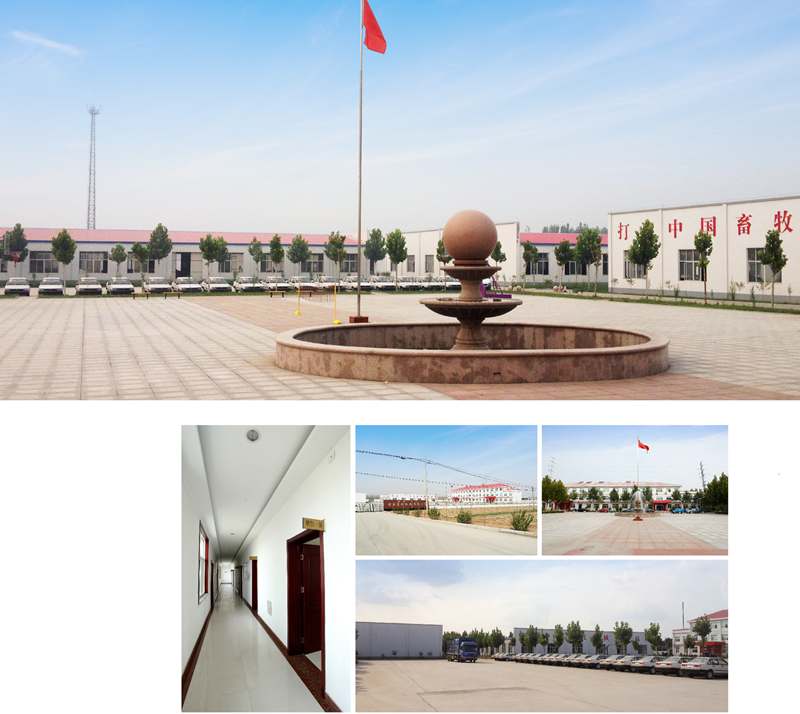
Shandong Huimin Qinle Livestock Machinery Co., Ltd. (formerly Shandong Huimin Qinle Livestock Machinery Factory) is a professional poultry equipment manufacturer with over 20 years of experience. We offer a comprehensive service package, from design (land and chicken coops), production (equipment and prefabricated steel coops), installation, commissioning, customer training, and after-sales service.
Located in Huimin County, Binzhou City, Shandong Province, China, the company has extensive experience in mechanical processing and manufacturing, as well as livestock machinery production and operation. With fixed assets of RMB 15 million, the company employs 160 people, including 30 R&D staff, and occupies a 40,000-square-meter factory. Equipped with over 110 pieces of advanced precision production equipment, including CNC machining centers and laser cutting machines, the company boasts a production capacity of RMB 50 million.
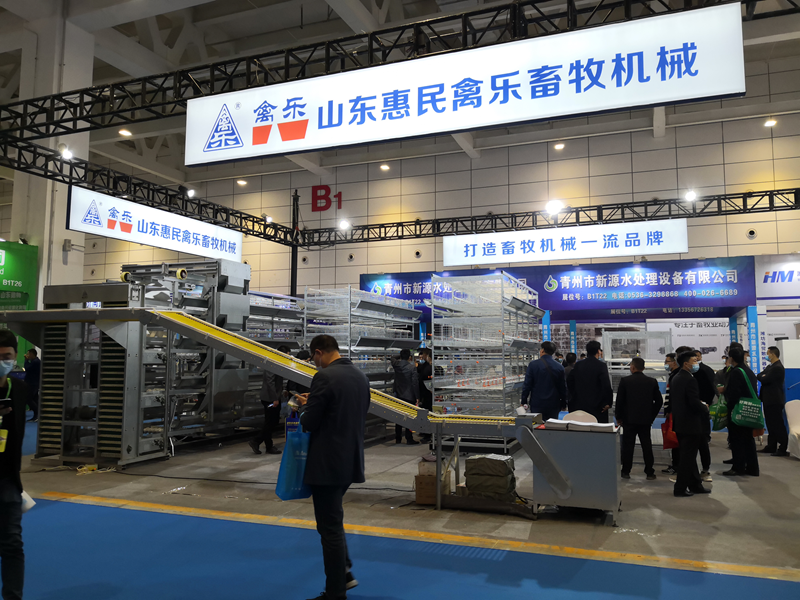
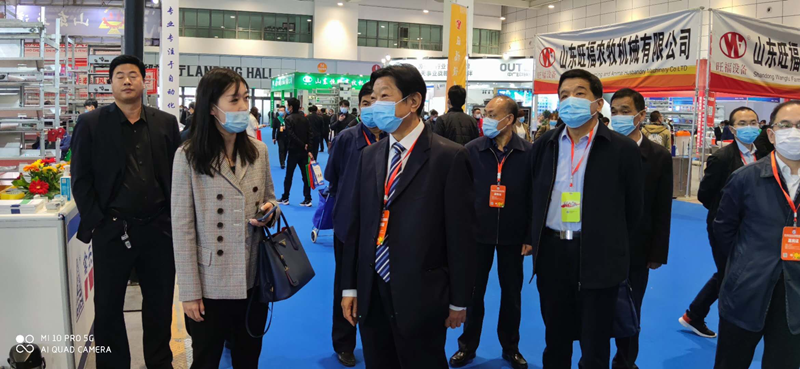
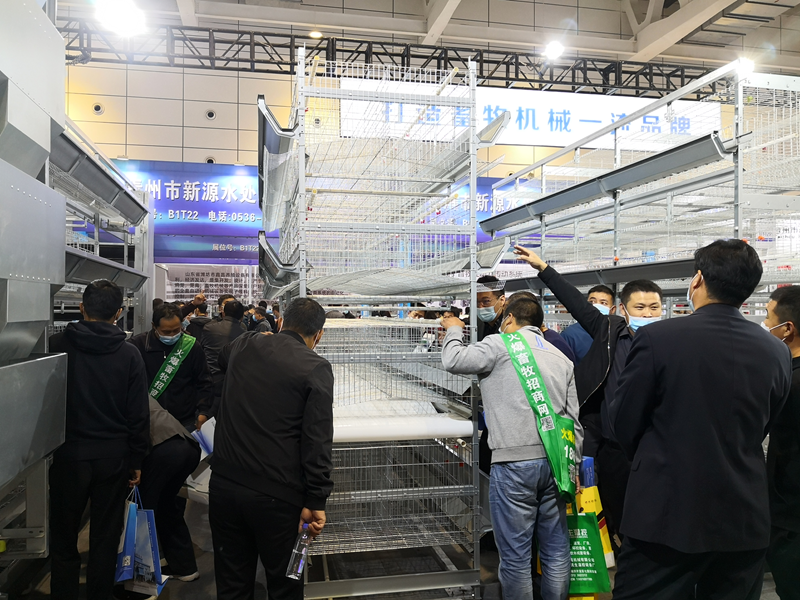
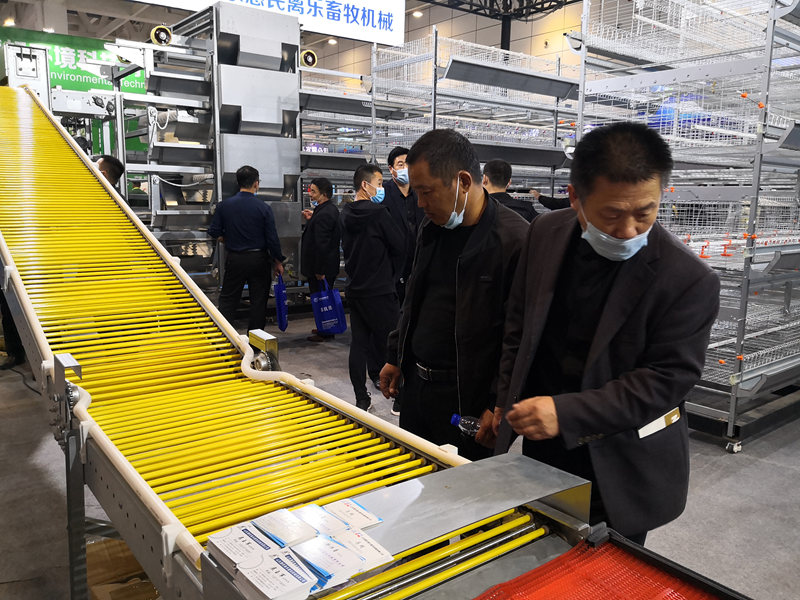
Chicken Farming Equipment Mesh Production Workshop

Machining Workshop
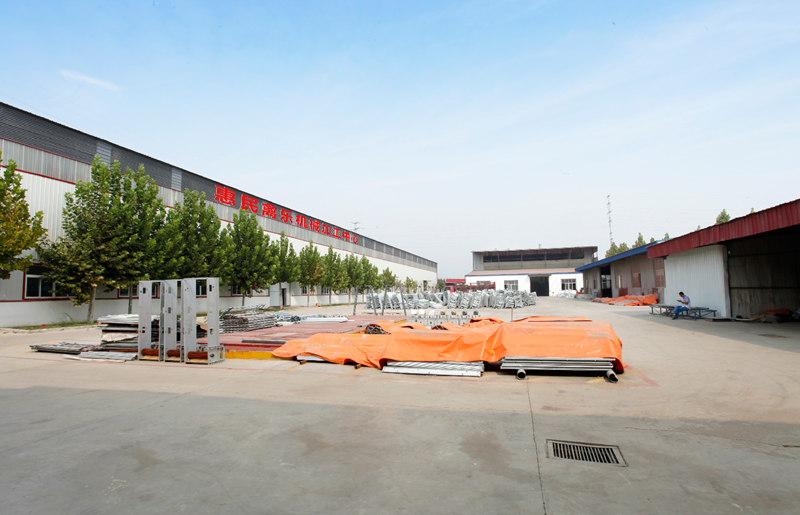
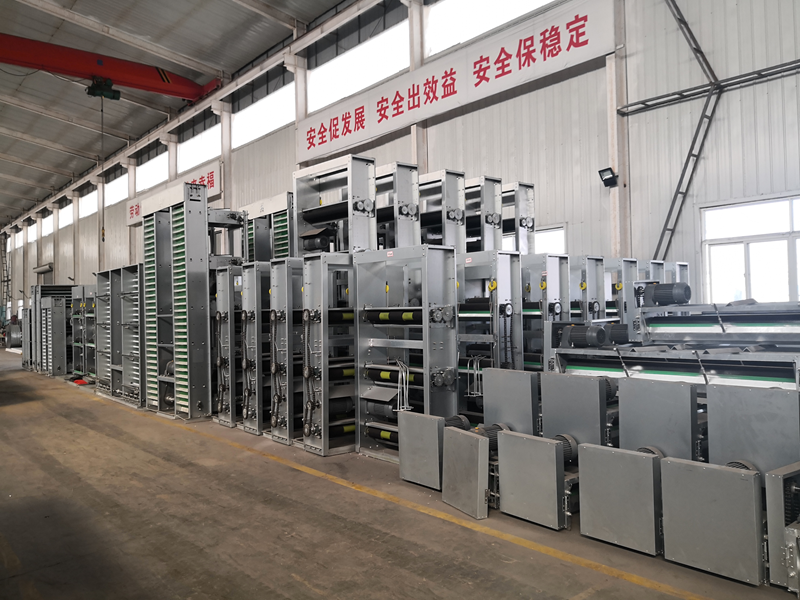
Turret-type CNC Punch Press, Laser Cutting and Other Machining Equipment
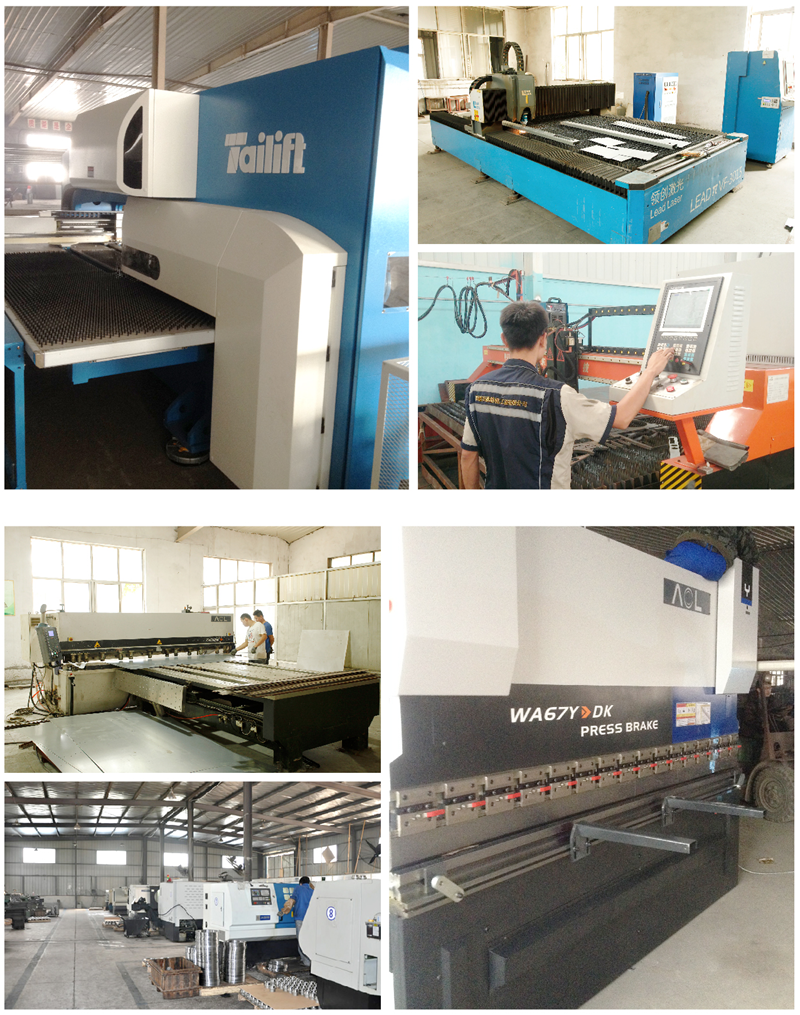
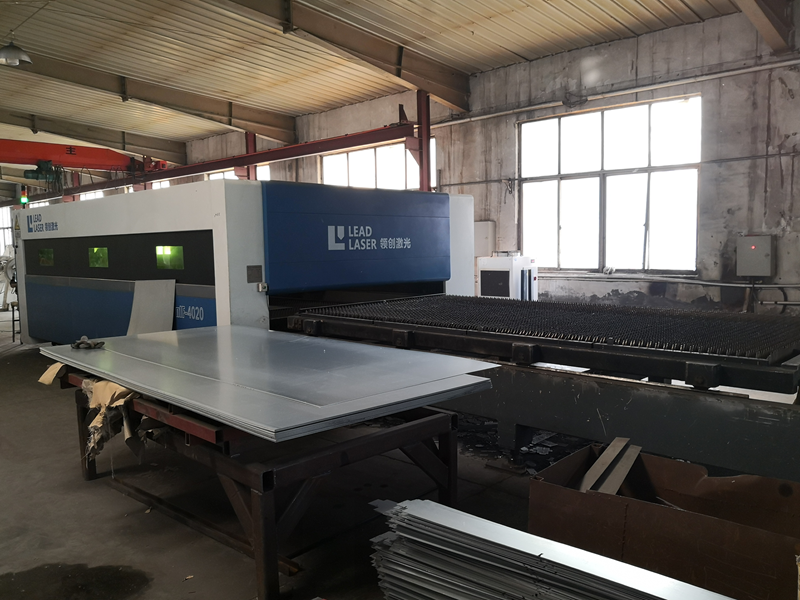

Fully Automated Roll Forming Production Line

Hot-dip Galvanizing Production Line

Electroplating Production Line
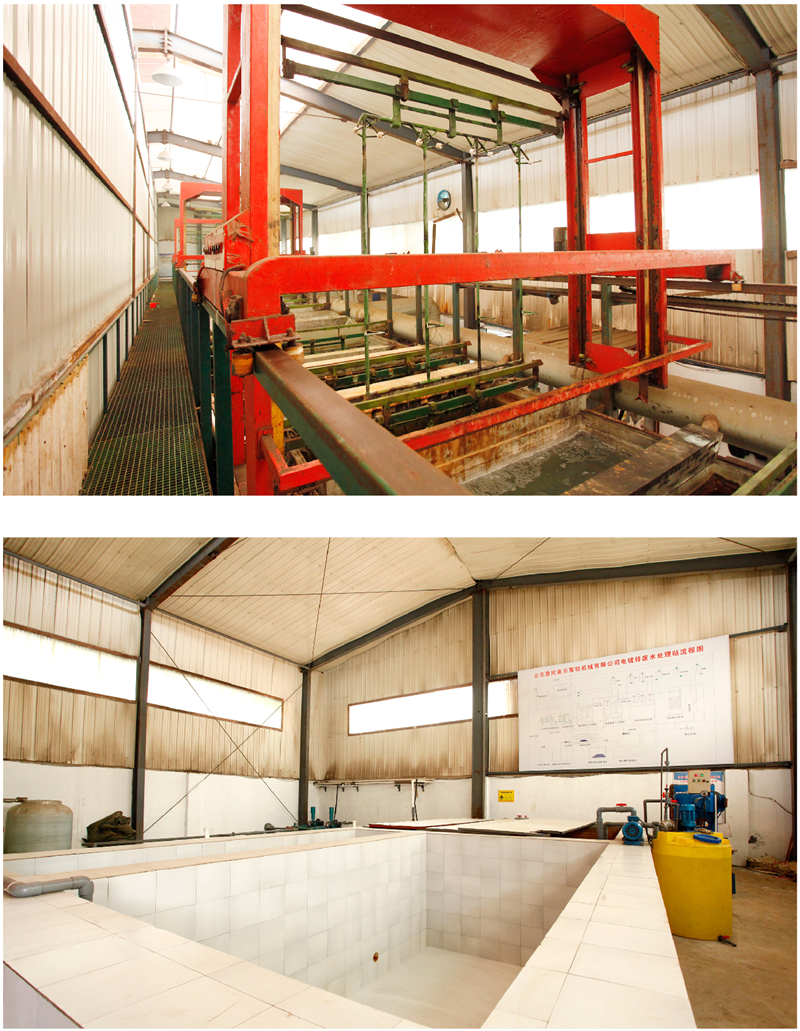
Environmental Protection Equipment
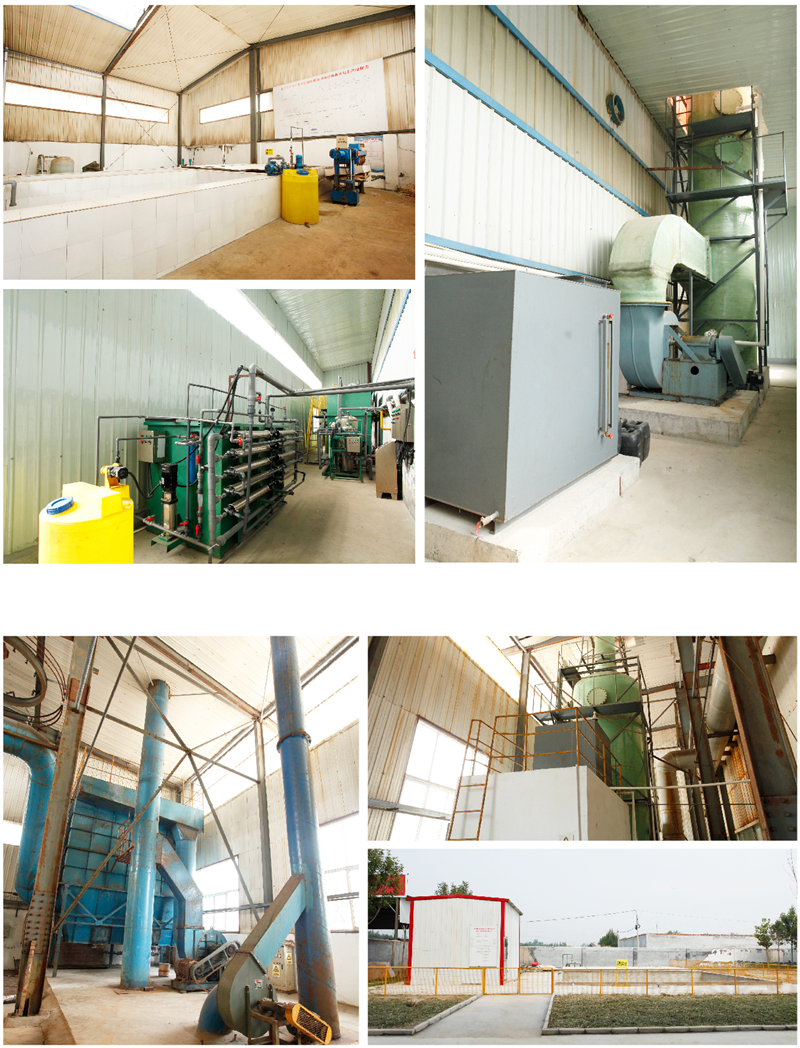
Chicken Farming Equipment Product Series
Egg-laying Hen Farming Equipment
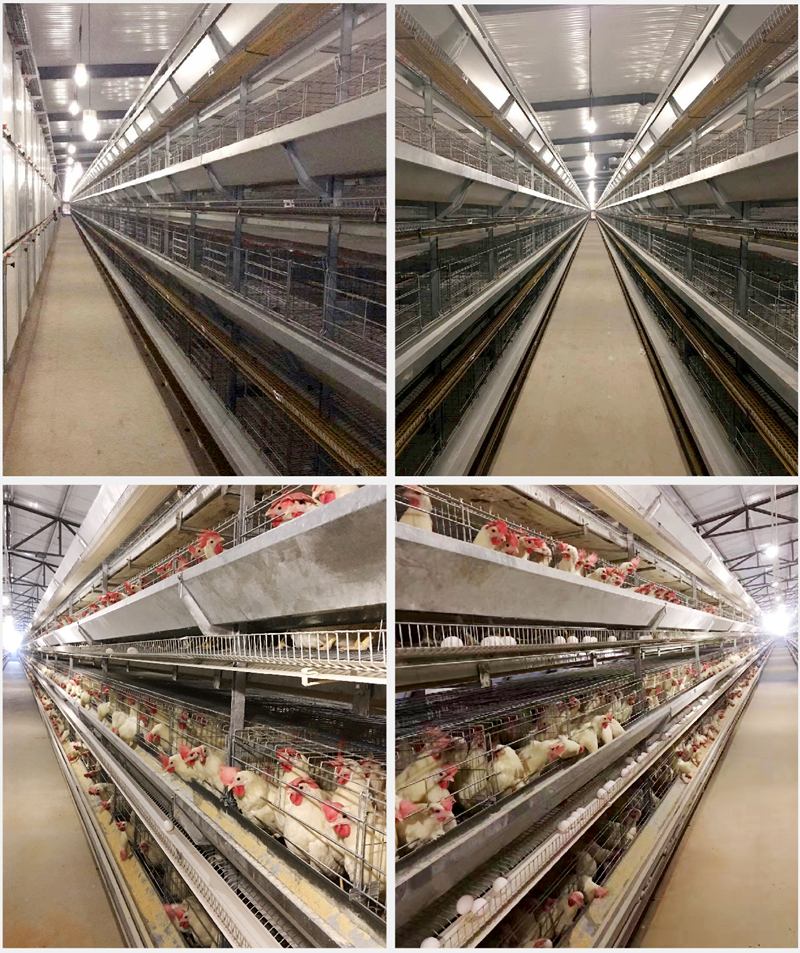
Stacked Brooding Cage Equipment

Stacked Broiler Cage Equipment
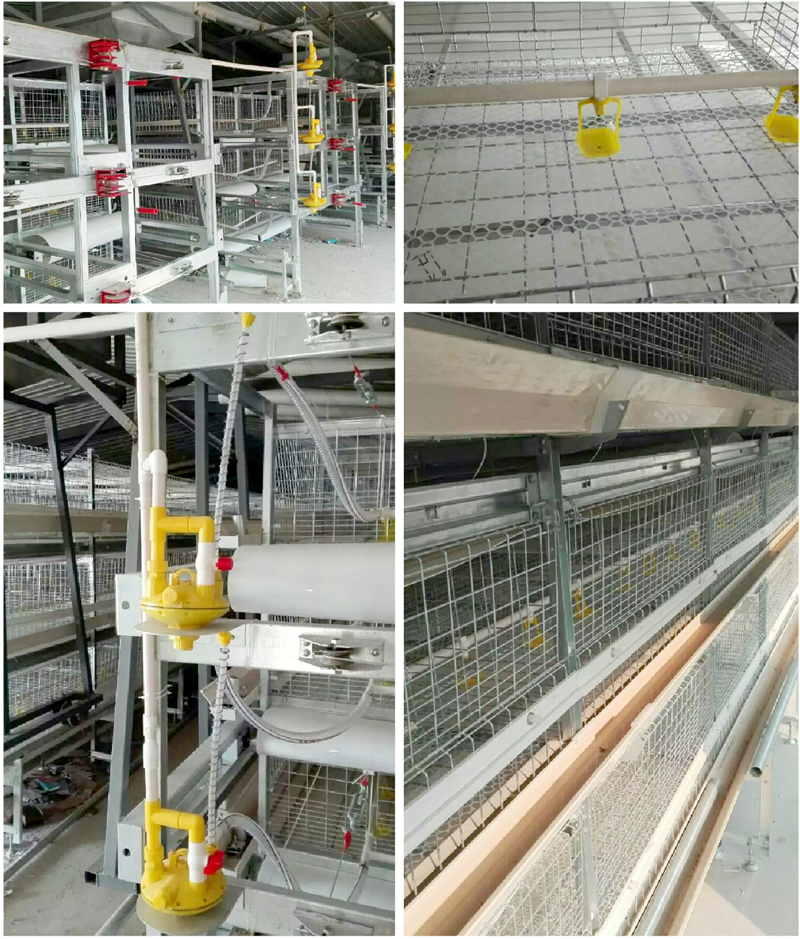
Stepped Layer Hen Cage Rearing Equipment
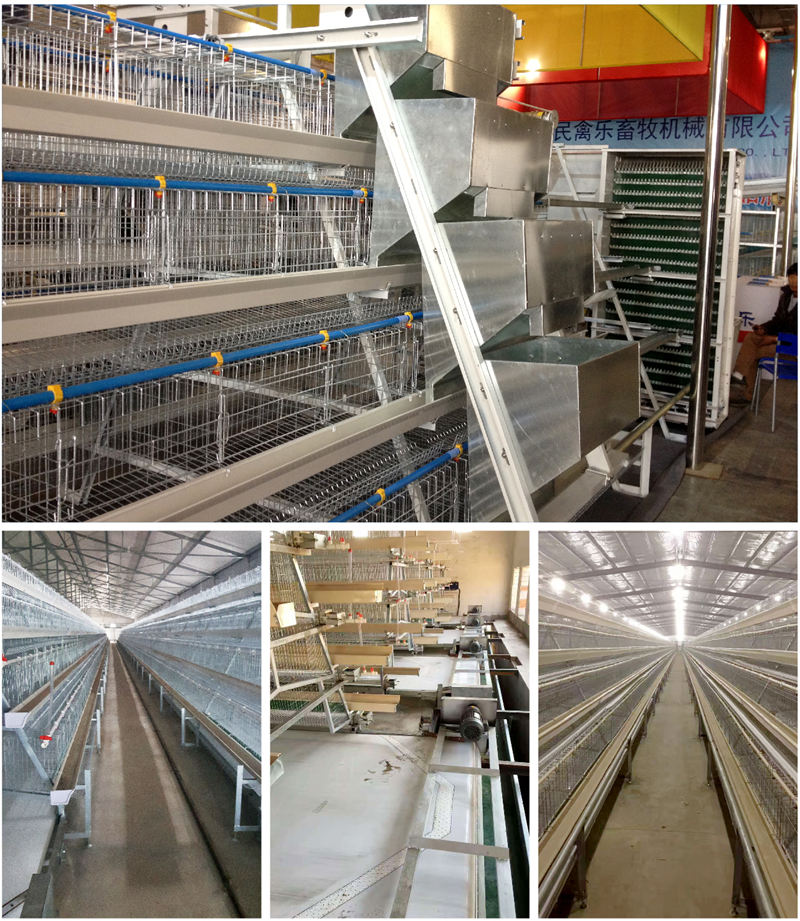
Automatic Egg Collection System
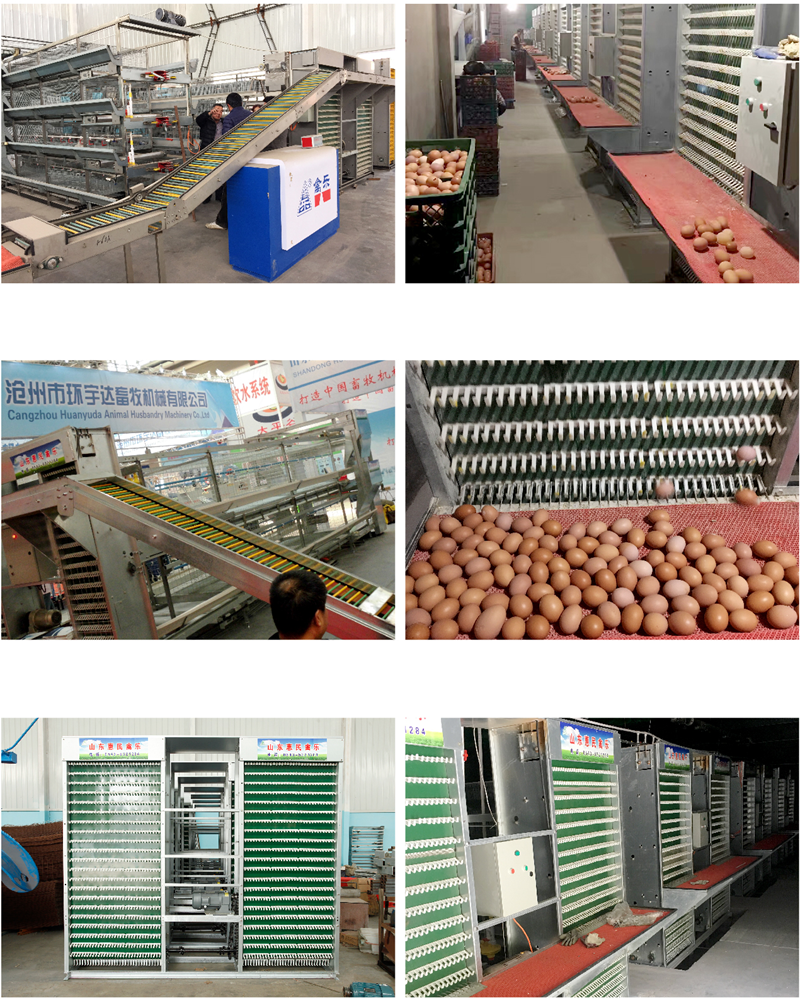
H-type Cage Feeding Machine
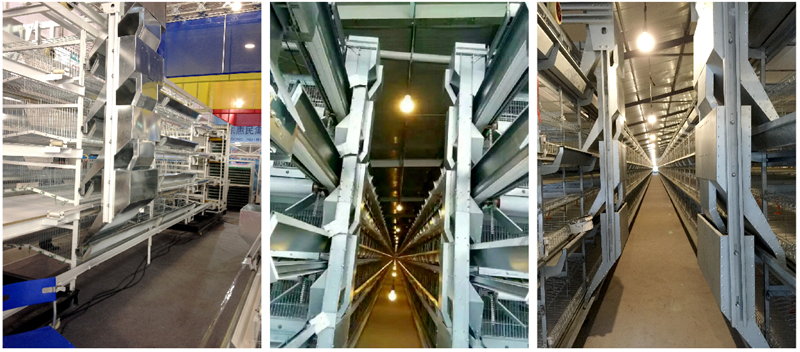
Stepped Cage Straddle Feeder
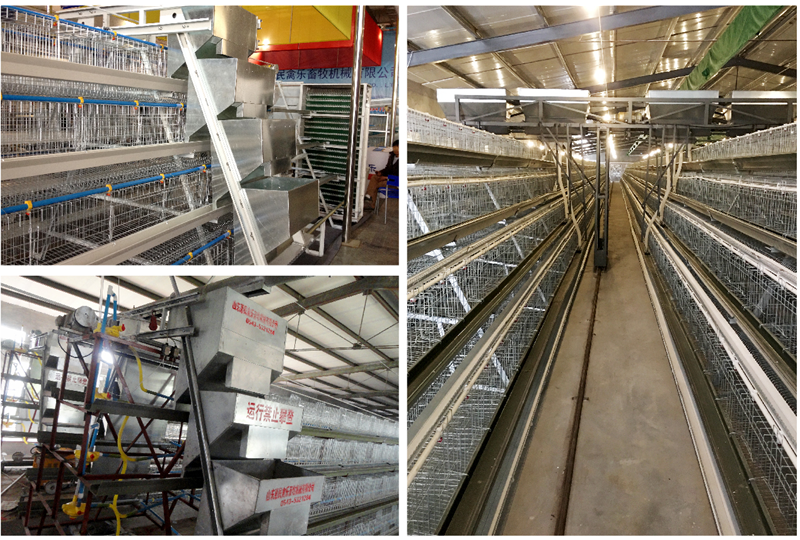
Manure Removal Machine
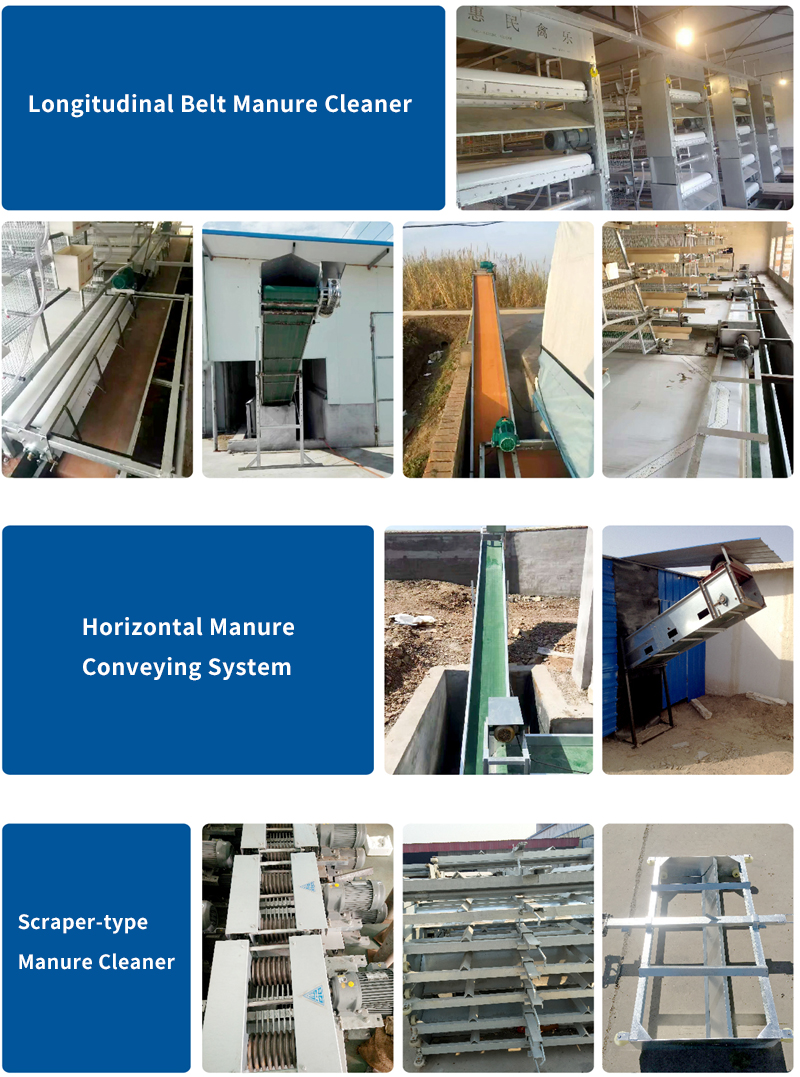
Fans, Heated Curtains, Environmental Control Systems, and Lighting Equipment
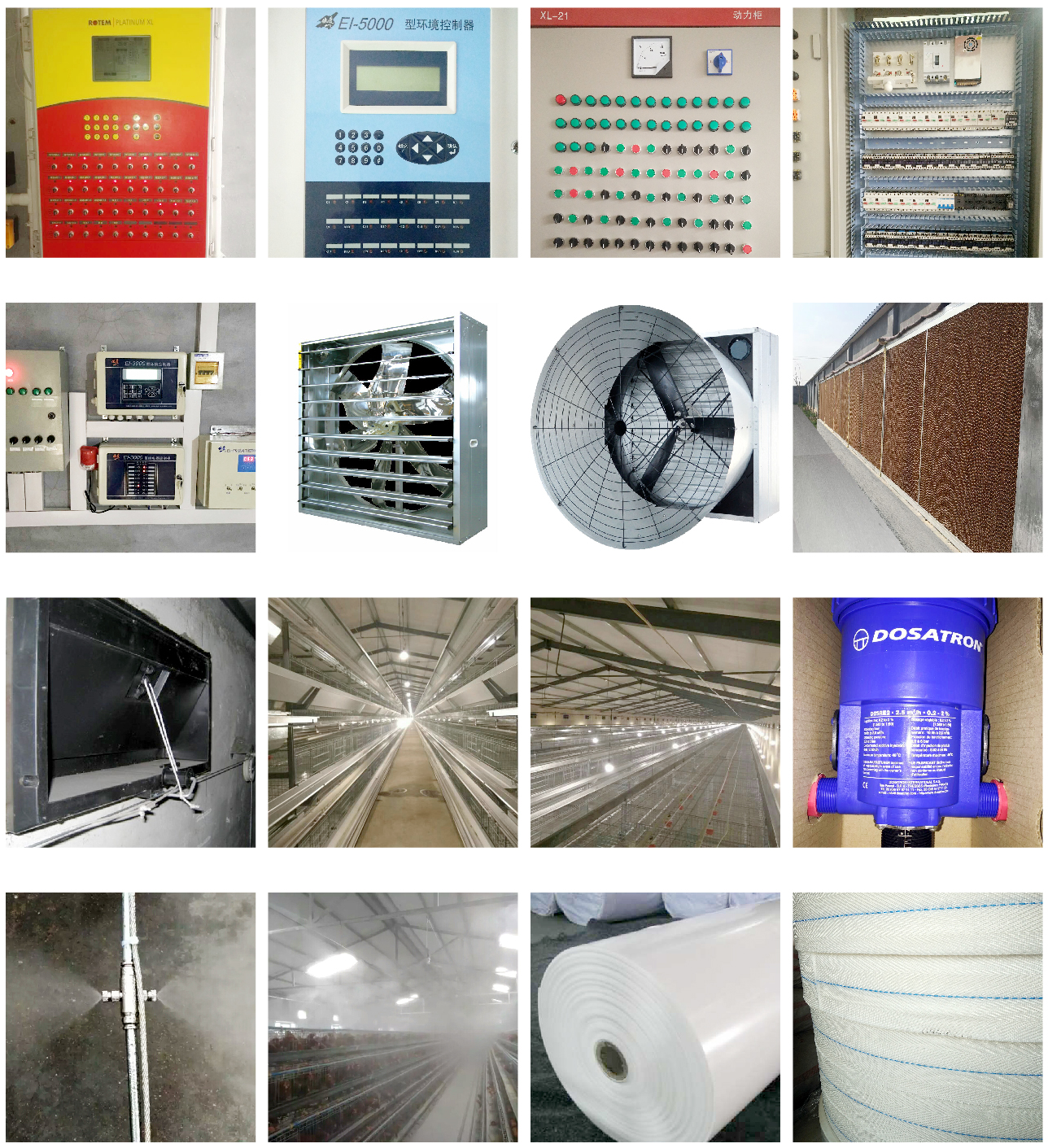
Complete Set of Equipment for Organic Fermentation Treatment of Manure
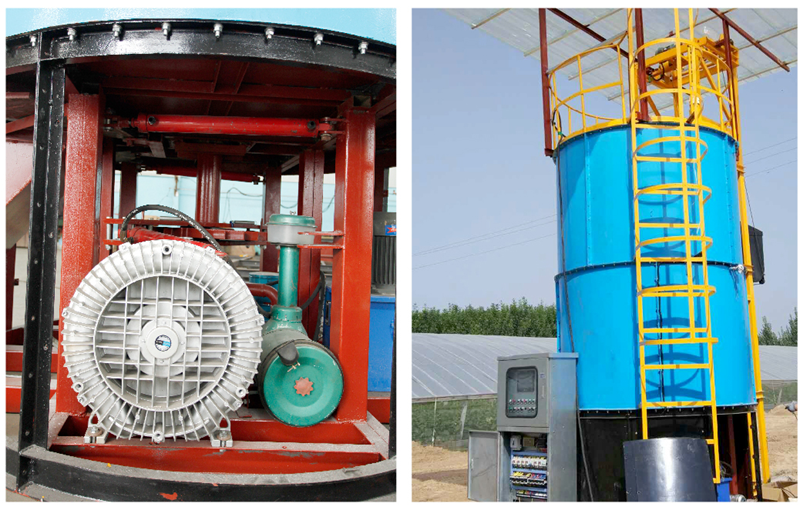

 Catalogue
Catalogue






























 Whatsapp
Whatsapp Telefon
Telefon